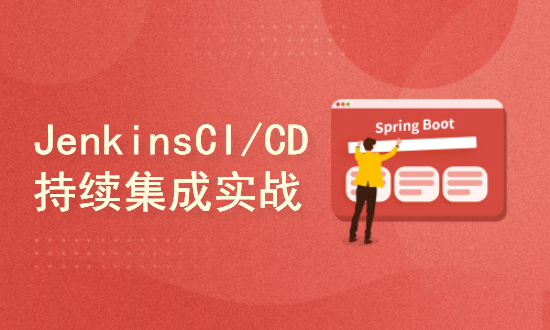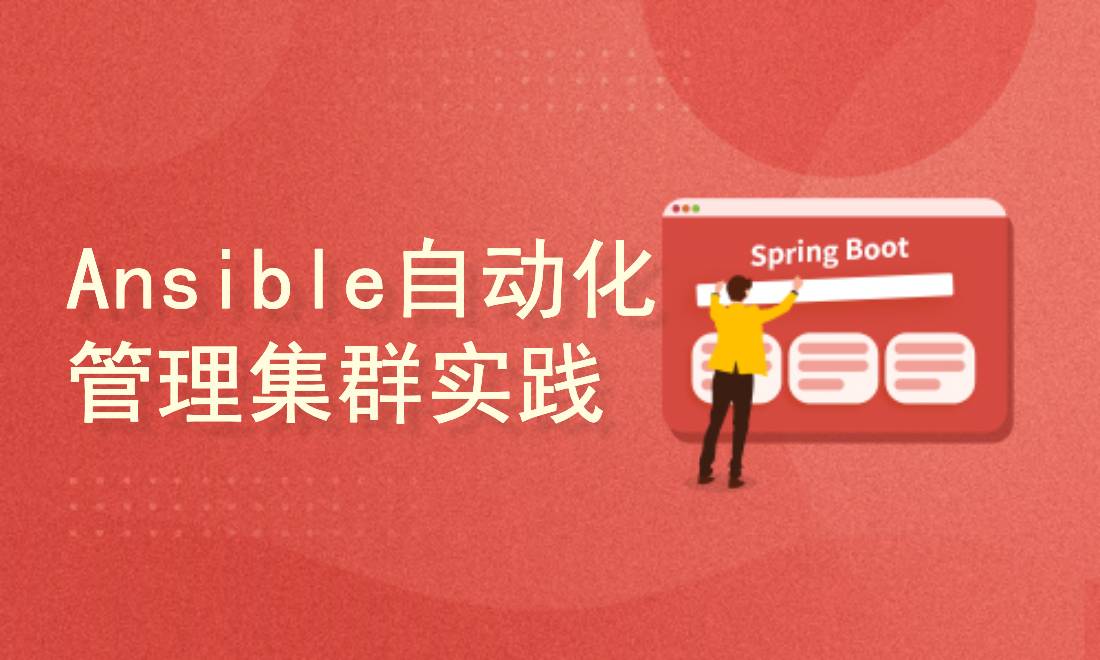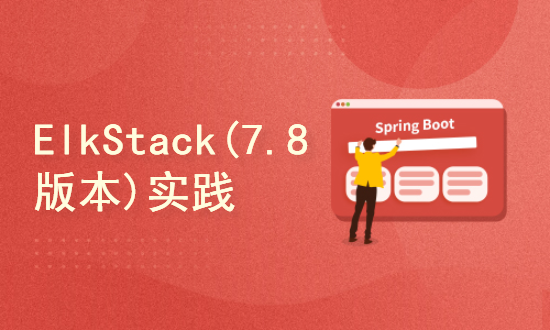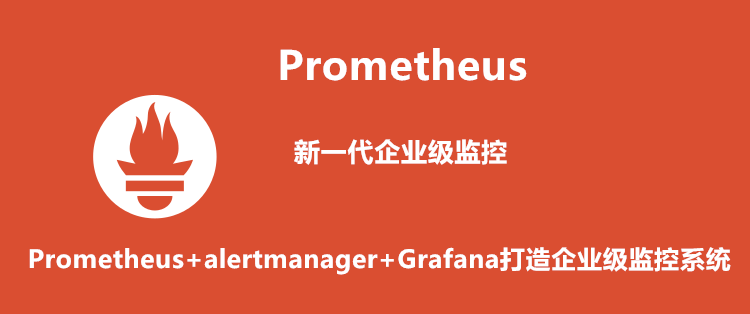Exam description
The Red Hat Certified Engineer (RHCE) exam (EX294) is based on practical operation ability and aims to assess knowledge and skills in the following areas: use the Red Hat Ansible engine to manage multiple systems; Use Ansible to perform common system management tasks across multiple systems.
Course description
Learn how to use the Red Hat Ansible automation platform to automate Linux system management tasks, and use Ansible to implement Red Hat enterprise Linux automation (RH294) specifically for system provisioning, configuration, and application deployment.
Content summary
Install the Red Hat Ansible automation platform on the control node.
Create and update inventory of managed hosts, and manage connections to them.
Use Ansible Playbook and ad hoc commands to automate management tasks.
Write efficient playbooks on a large scale.
Protect sensitive data used by Ansible automation platform with Ansible Vault.
Reuse code and simplify playbook development through Ansible roles and Ansible content sets.
Key points of examination
The basic concept and usage of the Red Hat Ansible automation platform, and install the Red Hat Ansible automation platform. Create a list of managed hosts, write a simple Ansible playbook, and run the playbook to automatically execute tasks on these hosts.
Write playbooks that use variables to simplify the management of playbooks and facts, and reference information about managed hosts.
Manage task control, handlers, and task errors in Ansible Playbook.
Deploy, manage, and adjust files on Ansible managed hosts. Write playbooks optimized for larger and more complex playbooks and playbooks. Use Ansible roles to develop playbooks faster and reuse Ansible code.
Troubleshoot playbooks and managed hosts.
Use Ansible to automatically perform common Linux system management tasks.









